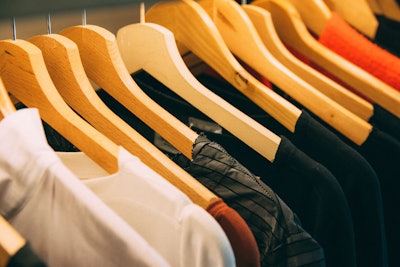
Clothing manufacturers will need to be open to offering buyers significantly more flexibility if they hope to secure greater orders in a post-COVID world, says GlobalData, a leading data and analytics company.
Nations are gradually emerging from the pandemic, which began in China at the start of the year, forcing factory shutdowns and store closures as a result of government-imposed lockdowns in a bid to curb the virus.
For the vast majority of brands, retailers and clothing manufacturers it has seen a wipeout of the entire spring season but makers are confident trade will resume by fall, despite it looking very different.
Hannah Abdulla, Apparel Correspondent at GlobalData, says: “The repercussions of the pandemic on the global apparel industry has forced it to think differently. Many businesses are scrutinizing their supply chains and evaluating where they can make changes to be better going forward and avoid a repeat of the impact COVID-19 has had on their firms. Supply chain resilience is going to be top-of-mind.
“What that will inevitably mean for garment makers looking to retain business and secure new orders is a willingness to offer more flexibility. Last-minute orders and smaller order volumes is the sort of thing they can look to expect as retailers aim to avoid drowning in excess inventory as has been the case in recent months.
“They will also need to move with the times. Sustainability is no longer a ‘nice-to-have’, it is now an essential part of business, for everyone, everywhere. Manufacturers will need to shout about the changes they are making in terms of sustainable production, whether that is using less water, sustainable finishes or use of preferred fibres; sustainability matters. Currently trending is antibacterial and antimicrobial finishes as hygiene and virus prevention becomes a priority among consumers.”
















